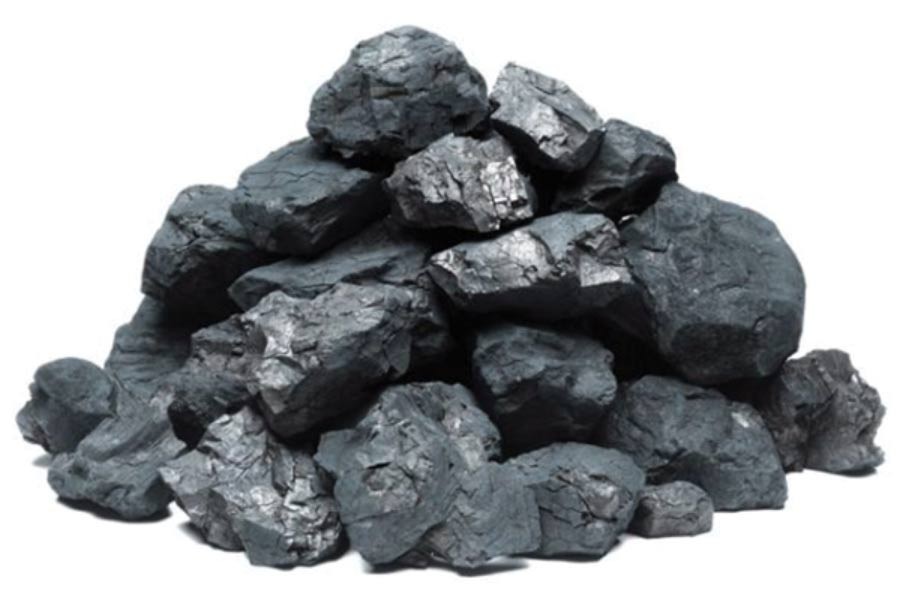According to a report carried in The Financial Express on December 20, the Bangladesh Trade and Tariff Commission (BTTC) has come to the conclusion that the abnormal price hike in domestic price of coal is unjustified. A BTTC report submitted to the Ministry of Commerce claims that the price hike of around 21 per cent for this fuel over the last three months is irrational.
The study was requested by local brick manufacturers and what has come out of the analysis of data over a three-month period is that "prices quoted in the letters of credit (LCs), local import value, and exchange rates of US dollar to foot coal import bills" cannot, in any way, explain this absurd rise in price. The price hike has resulted in price per brick retailing at the inflated price of Tk 12 per piece. With some 8,000 brick fields in operation and bricks being one of the building blocks of construction in the country, there is no way to overlook such price manipulation that is raising cost of construction. Any price hike at the importers' level will, inevitably, have a chain reaction of price revision (upwards) from brick fields to construction sites of every description.
The BTTC has made a set of recommendations to the government to rein in on galloping price hike that came into effect after September, 2022. Up to September, 2022 coal was retailing at maximum Tk 24,000 per tonne, but jumped to Tk 29,000 (maximum) in October. Then in October, there was another hike to about Tk 32,000 per tonne (upper limit) in November. Interestingly enough, coal import price per tonne came down to USD150.45 in November from USD206 in July, 2022. Hence, from all available data, it appears that market price manipulation is going on.
Recommendations that have been made, if implemented, should see these machinations minimised to acceptable levels. It makes sense that market prices be adjusted every quarter subject to reviewing the international and local prices of coal. Again, the BTTC has suggested that a specific rate of VAT be imposed on the import of the fuel. Looking at the three months' data, one can see that the average LC values per tonne of imported coal have declined steadily from USD129.77 to just USD116.29 over the September -November period.
Brickfield owners' association allege that importers are charging much higher prices and making windfall profits. The costs are hence, being passed down the supply chain. It is ironic that with some 8,000 brick fields in operation today, Bangladesh needs to import low-calorific Indonesian coal, while a billion tonnes of high quality coal sits under its soil. It would appear that for every primary energy fuel, policymakers would rather expend scarce foreign exchange to import, rather than explore and extract coal because with import, it is easy to cook the books.
At least in this case, sufficient data and analysis has been presented to the Ministry of Commerce that something is not going right. In this year of austerity, every effort ought to be made to stop profiteering. Unfortunately, that appears to be a far cry in many a field. One can only hope that the ministry concerned, which is now armed with analysis from the Trade Commission, will not turn a blind eye to what is going on and take corrective measures to rein in on profiteers for the sake of the construction industry and manufacturers of bricks - and ultimately the consumers.


